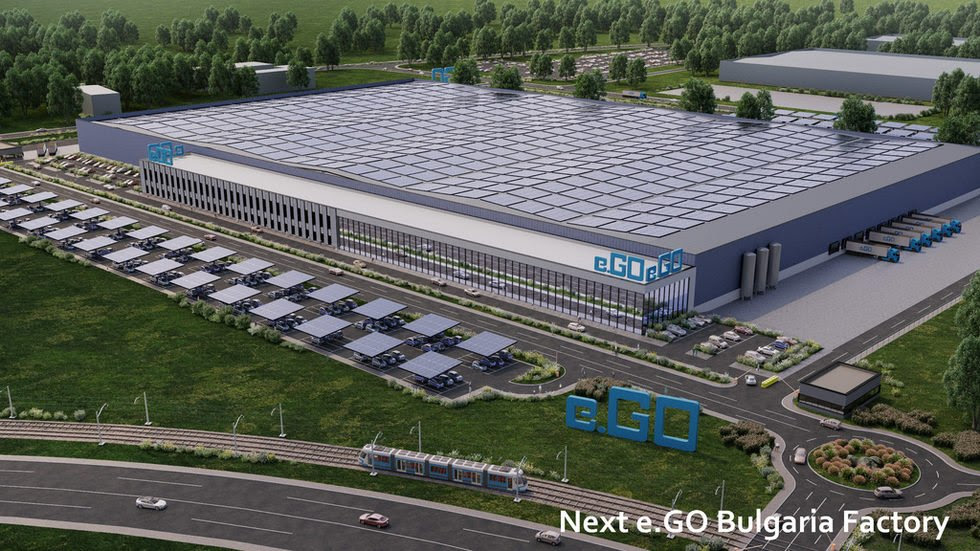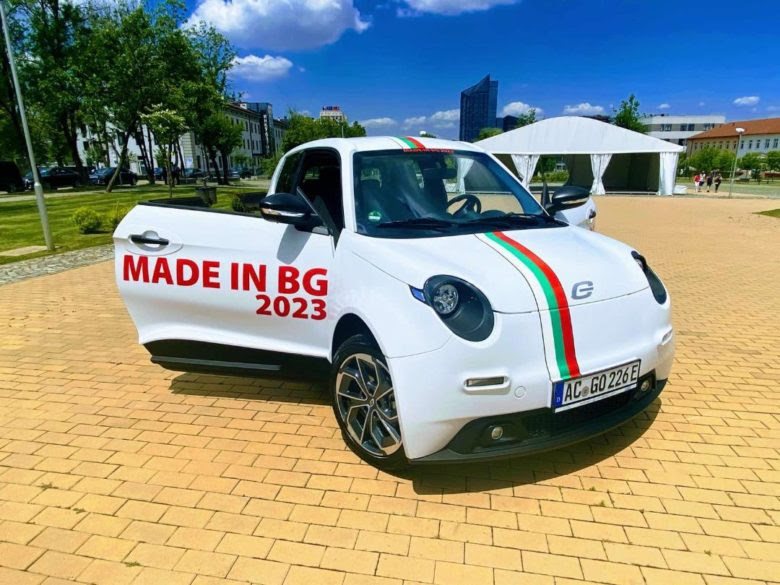The implementation of the electric car factory in Lovech has already started, Lubomir Stanislavov, executive director of the company “Next.e.Go Bulgaria” and “Automotive Cluster Bulgaria”, officially announced. According to the information, this means that the actual production of electric cars will start by the end of next year.
The project of the new electric vehicle factory of the German company Next. e. Go is to produce entirely urban cars that can travel up to 200 km on a single charge. The prototype model was presented last year. When the factory reaches total capacity, a car will be produced every 15 minutes. The E.GO Life model will be made in both Cross and Sport versions.
The German start-up e.Go has big ambitions, but for the time being, it is only producing one model. This is the short Life, which the company describes as “the perfect second city car.” The company’s philosophy is to stick to small batteries that are significantly cheaper.
There is only one model, a 4-seater, with a length of 3.35 m and a width of 1.75 m. The Smart ForTwo (two-seater) is 2.70 m long, the Toyota Aygo 3.47 m and the VW Up 3.55 m long. The Life weighs just over 1.2 tonnes, which is suitable for an electric car and has the same mass as the slightly larger VW e-up.

Only the Life 60 model is available; this car is powered by an electric motor with a constant output of 40 hp. This makes for a relatively agile start at the traffic lights (0-50 km/h in 4.3 seconds), but the top speed is only 120 km/h. The small lithium-ion battery has a capacity of 21.5 kWh. This was roughly the same as the first-generation Nissan Leaf when it debuted ten years ago, as well as the first-generation VW e-up, which is prevalent in our country alongside the only electric car-sharing service.
While the current Life 60 vehicle travels about 170 km on a single charge, the modified 70, which will be assembled in Bulgaria,
will offer up to 200 km under ideal conditions on a single order.
However, the fast charging option will not be available to achieve a low and affordable price. This means that the Life will charge its battery to 95 percent from a standard socket in about 9.6 hours and from a Type 2 socket in 5.7 hours.



Comment here